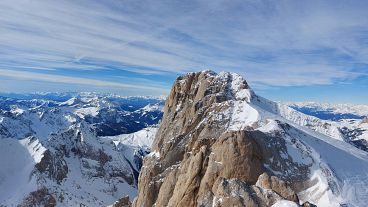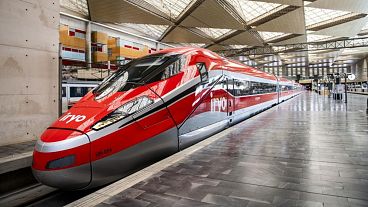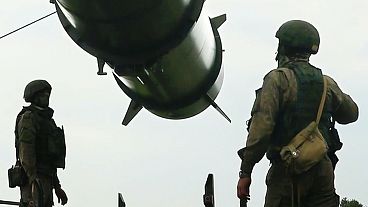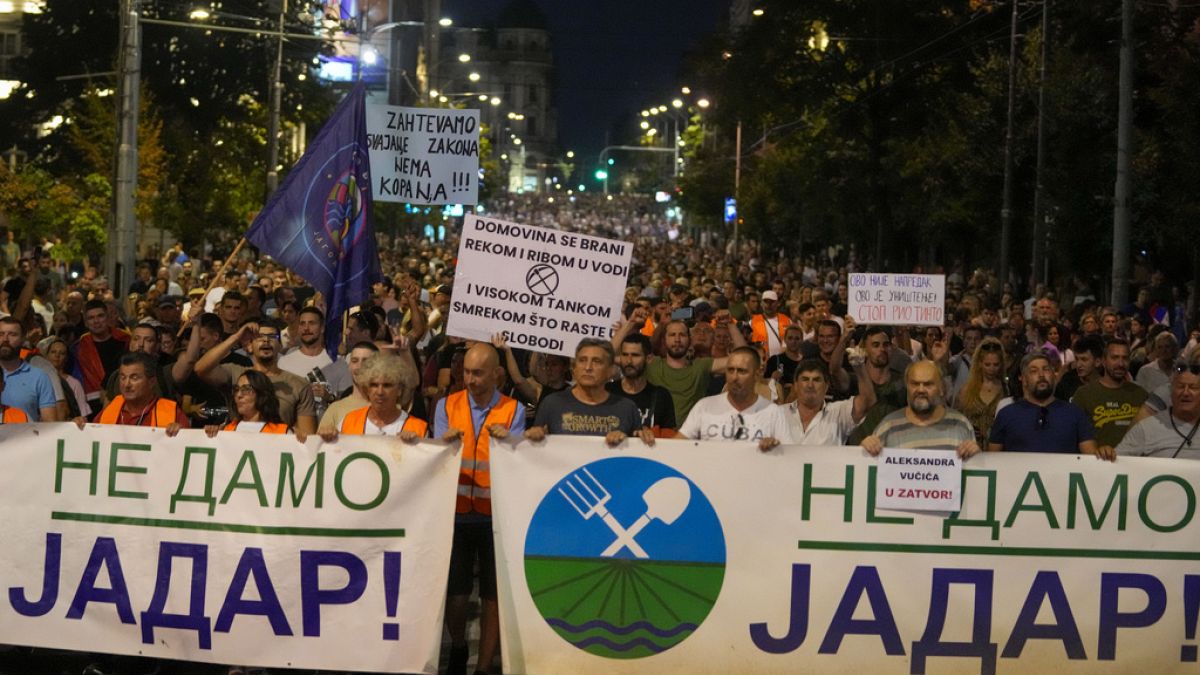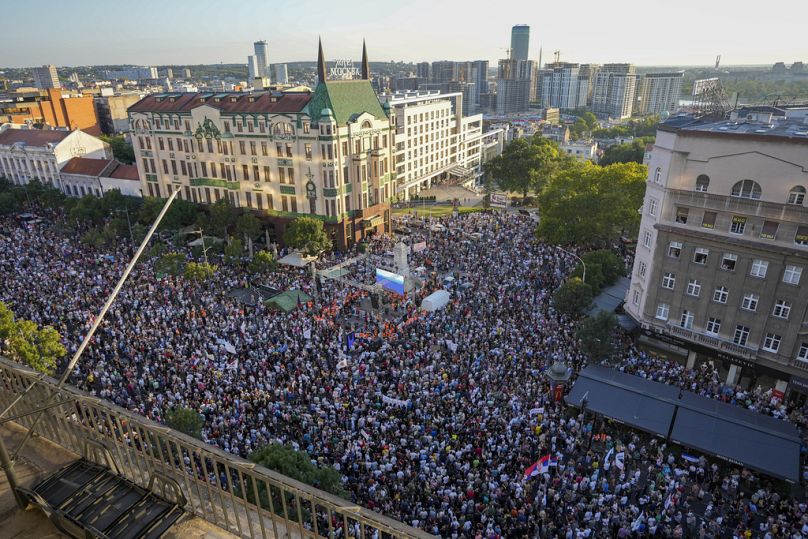Scores took to the streets of Serbia on Saturday to protest a proposed lithium mining project in the Jadar valley - with the country's president saying he had been tipped off to potential "mass unrest and a coup" by Russia.
Tens of thousands of protesters gathered in Belgrade on Saturday for a rally against lithium mining in Serbia, despite officials warning of an alleged plot to topple President Aleksandar Vučić and his government.
Vučić said he was tipped off by Russian intelligence services that a “mass unrest and a coup” were being prepared Saturday by unspecified Western powers that wish to oust him from power.
The large crowd chanted: “There Will Be No Mining” and “Treason, Treason.”
Some within the crowd marched toward the capital’s two main train stations, saying they would block train traffic until their demands concerning lithium mining were officially met.
Serbian officials have compared the rally to the Maidan uprising in Ukraine’s capital Kyiv, which led to the toppling of the country’s then pro-Russian President Viktor Yanukovych in 2013.
The rally came after weeks of protests in cities across Serbia against a plan to allow lithium mining in a lush valley in the west of the country.
The plan was scrapped in 2022 after large demonstrations were held that included blocking key bridges and roads.
However, it was revived last month and received a boost in a tentative deal on “critical raw materials” signed by Vučić's government with the European Union.
Serbia is formally seeking EU membership while maintaining close ties with Russia and China.
The EU memorandum on the mining of lithium and other key materials needed for green transition would bring Serbia closer to the bloc and would reduce Europe's lithium battery and electric car imports from China.
The government says the mine is an opportunity to develop economically, but critics say it would inflict irreparable pollution on and damage to the Jadar valley.
Locals in the valley are strongly opposed to the mine that would be operated by multinational Rio Tinto mining company.
The Serbian government, as well as the mining company, have pledged to maintain the highest environmental standards in the mining process, but opponents remain unconvinced.
Residents of the Jadar valley said nothing could persuade them to agree to the mine. They said they were ready to do everything to prevent it from opening.
Tens of thousands have turned out for environment protection rallies throughout Serbia in the past weeks posing a major challenge to Vučić and his increasingly autocratic rule.
Opponents want the government to formally outlaw any lithium and boron mining in the entire country.

